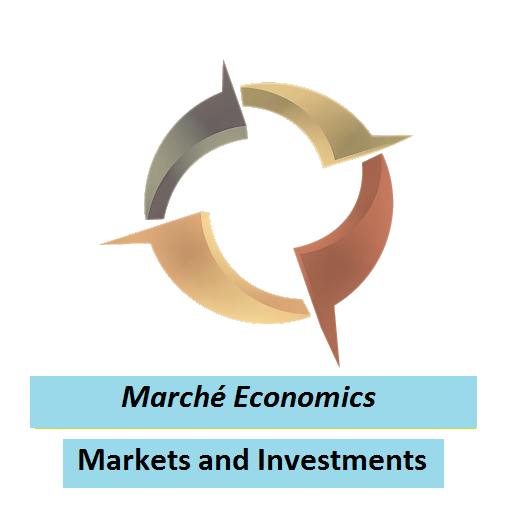Socio-Economic Aspects of Election History: I was mortified when Richard Nixon was voted back into his second presidential term. But then I realized that most people were afraid of communism’s spread and wanted protection from it. Moreover, those who could perceive what Watergate would become were very much in the minority.
There are some parallels to Trump’s recent election victory. Many blue-collar workers have lost jobs to competition from international trade over the last 80 years or so because every trade negotiation round has reduced tariffs. Based on theories from Adam Smith and David Ricardo, international growth and wealth creation have been enormous as a result of reduced tariffs and increased trade. Trade negotiations have been driven by academics who thought to also consider the loss of jobs that would result in import-competing industries. For example, some may remember the garment workers and their union. Thus, some of the wealth created from greater specialization and trade was diverted into retraining workers who lost their jobs to trade.
But this was a tremendously narrow consideration as it turns out. Blue-collar workers are among those demographic groups that prefer the status quo. Staying put geographically and working at the same job is highly preferred. Thus, the retraining programs and subsidies, along with job loss, may more often be seen as a threat rather than an opportunity. So along comes Trump who promises to fix things and return the beloved status quo by raising tariffs. The problem is that those who fell under the spell of such demagoguery were not among those who could perceive the true consequences of such a policy. As a result, Trump has been voted back in so the effects of these policies are going to surely be learned the hard way. The only upside is that the resulting economic disaster may truly be the end of Trump.
Despite the recent stock market euphoria, the longer-term economic and stock market trajectory does not appear rosy. Higher prices for consumers will more than offset any jobs protected within the less efficient import-competing industries. More efficient export industries that might have hired more workers will now face retaliatory tariffs from our trading partners. Like Harley Davidson threatened to do under Trump’s previous administration, these exporters may want to move their manufacturing facilities to other countries to avoid facing tariffs on their exports. Other manufacturers will simply search for unaffected low-cost places to source inputs and locate manufacturing processes. If they cannot find those, they are more likely to go out of business because onshoring would be too cost-prohibitive.
Creating monopolies and greater inefficiency in import-competing industries is unlikely to create many jobs or increase industrial production. But then, it is also hard to imagine markets working better with a bunch of tariffs or taxes. It will, however, embolden socialists who don’t want markets. So maybe we will vote for another Ricard Nixon next.
With this said, here are some stocks to consider that should be good for about another 3 months or so: MCY, CSTL, THC, KGC, IDCC, PSN, LDOS, and ENVA. Dividend growth stocks include KSS, BBY, AB, ALSMY, PFE, TROW, APAM, FFIC, and WASH. Over the previous 3 months, the top ETFs were PTF, SKYY, FDN, TRFM, and PAVE. I hope your expectations for the future are better than mine. Good investing!
